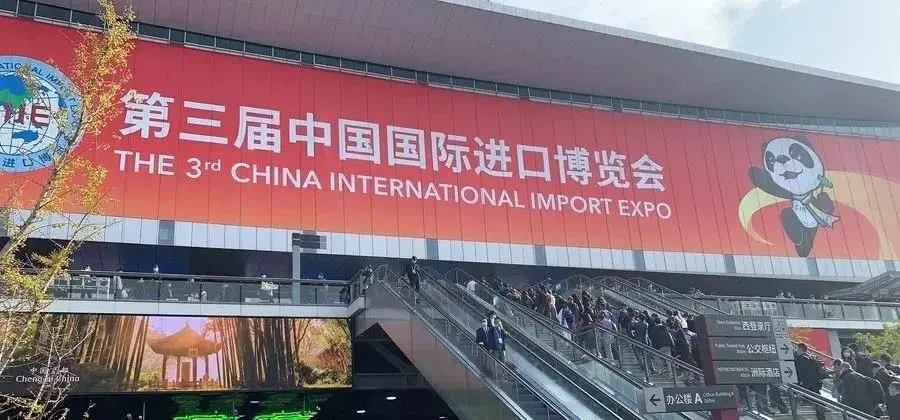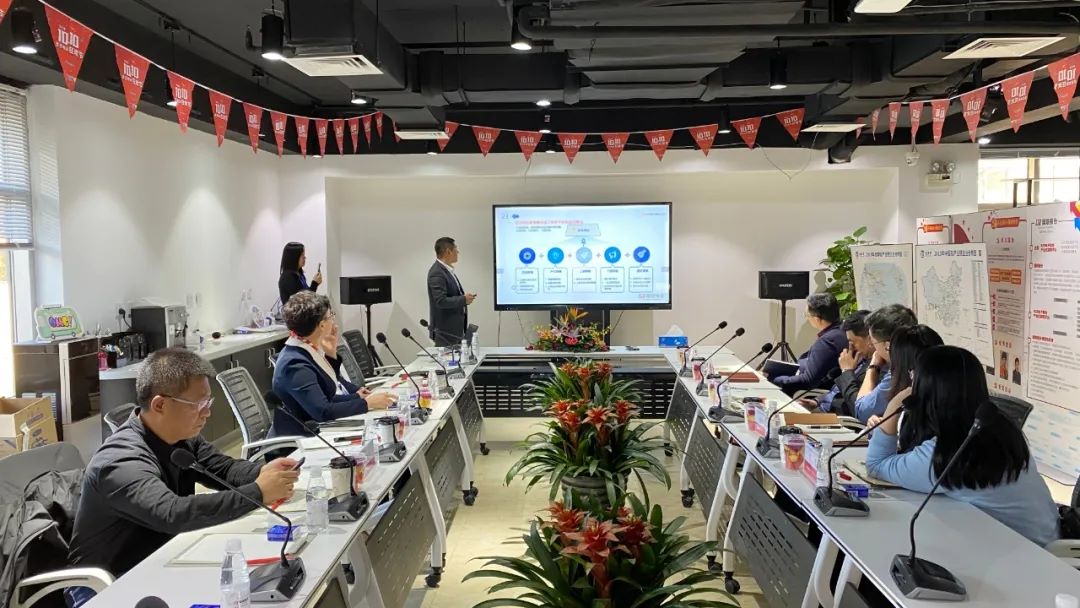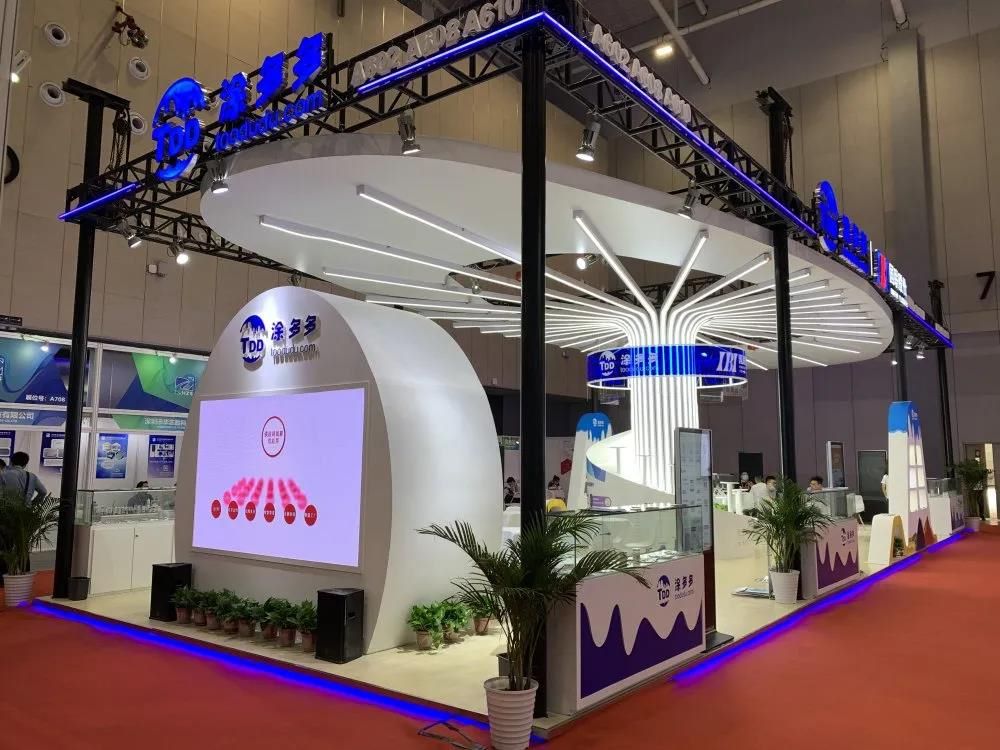Why doesn’t the small profits but quick turnover model work when selling tires?
There is a saying that has harmed many entrepreneurs. This saying is called "small profits but quick turnover". Because in the Chinese mindset, what should we do when the product is not selling well? Make it cheaper! Once I make it cheaper, I can sell more. If I buy more, I will make money in the end.
I make 500 yuan from selling a tire. Although the profit is high, I can't sell it well; if I sell it cheaper, I can make 50 yuan per tire. If I sell more than ten tires, won't I make more than you? Isn't this small profits but quick turnover? Many tire people do this and often starve to death and exhaust themselves.
The idea of small profits but quick turnover is deeply rooted
The idea of small profits but quick turnover is deeply rooted in China. What causes people to believe in small profits but quick turnover? This root originated from China's feudal society. Before, China's commodities were not developed, commodities were extremely scarce, and products were homogenized. Your family steams steamed buns, and my family also steams steamed buns.

My steamed buns are the same as yours. Whose will consumers buy? The cheaper one! So small profits but quick turnover! You cook beef at home, and I cook beef at home. The beef you cook at home is the same as mine.
Whose product do consumers buy? Buy the cheaper one! The final result is small profits but quick turnover. The cheaper one can sell more! But what is it now? Now there is a great abundance of goods. Any product may be replaced by other products, and there are more and more categories of products. Under this circumstance, what kind of products can sell more and sell more? Under the circumstance of great abundance of goods, consumers have choices. Consumers do not buy the cheap ones, but the ones they recognize, think they need, and think they are valuable.
Consumers never recognize small profits but quick turnover
Whether a product can sell more or not does not depend on whether your profit is high or low, but on what? It depends on how consumers perceive it. If consumers think it is worth it, it is worth it. If consumers say it is not worth it, it is not worth it. So, selling tires depends on consumers.
China's economic growth in the past 30 years has been very fast. What was the basic approach in the first ten years? It was price war! Some people say: What the Chinese sell is cheap, and what the Chinese buy is expensive! Do you know why? Because everything we Chinese sell is homogeneous, and then we lower the price to compete with each other, what will happen in the end? Selling at a loss at a low cost price will ruin an industry!
In the tire business, don't compete with those who don't care about your life
To truly solve the problems of enterprises, we must pursue differentiation, that is, when my products are different from yours, we will be competitive.
If we always compete with low prices, those black-hearted entrepreneurs can cut corners, cheat, and even say that they can not live! What does it mean to not live? I work for a while to make a lot of money, then I change a brand and I don't work anymore.
Those companies that don't care about their lives must have lower prices than you. If you compete with them, you will never get ahead! So if you want to compete by price, you can rest assured that there will always be someone with a lower price than you.
Although the tire market is highly competitive and business is not as good as before, tires, as a rigid product, must be profitable and have business to do. Just like people need to eat, tires are inseparable from people's lives, unless cars disappear.
Therefore, as long as you operate carefully, control costs, choose good products, and maintain good customers, I believe that business will not be dead end, and you will definitely make money, but you will make less.









